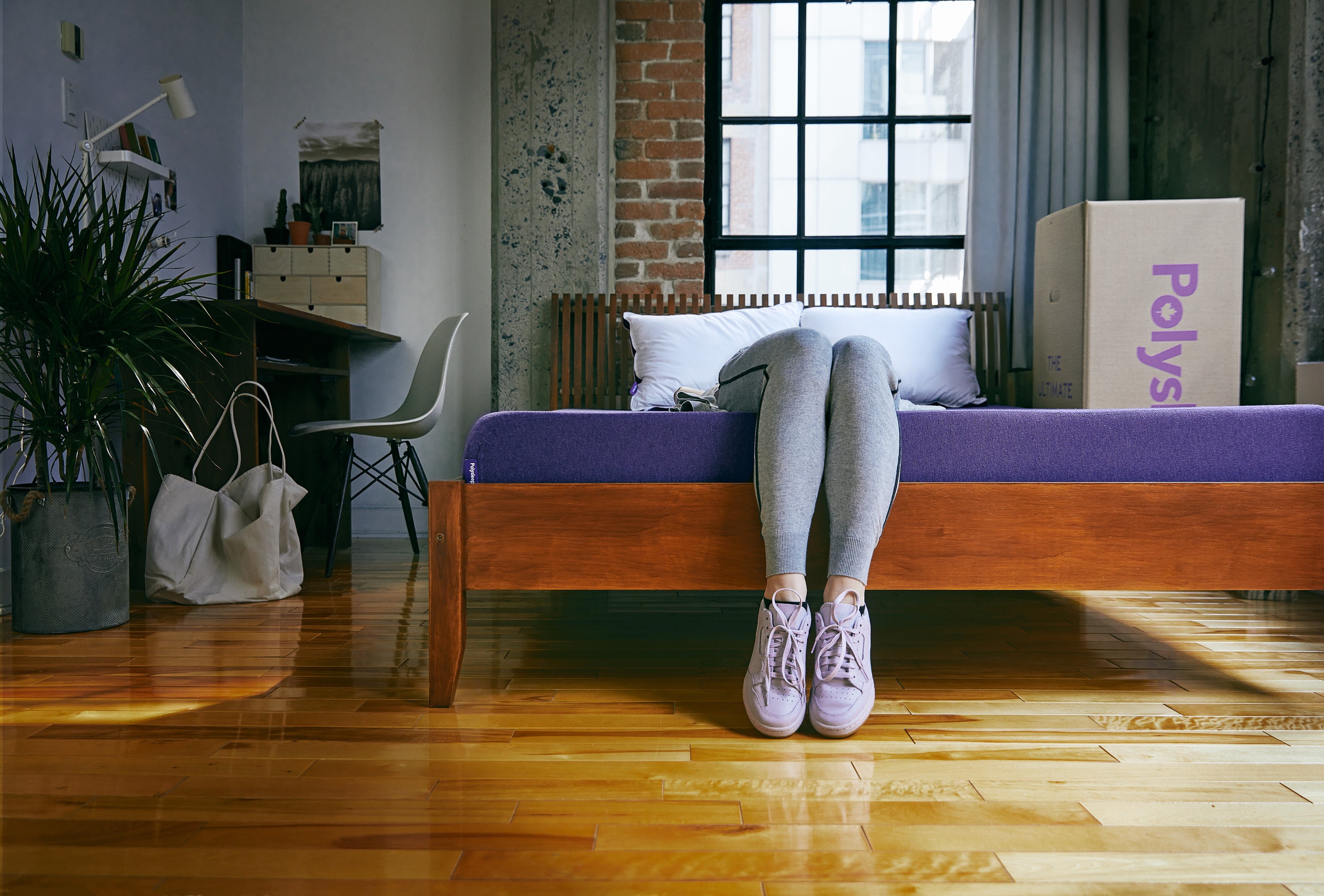We live in a society that tends to associate napping with laziness, but whoever started this rumor has clearly never napped a day in their lives. Napping for a short amount of time is a natural energy booster and has been shown to have many awesome benefits relating to performance, productivity, and wellbeing. If you’re looking for a pick-me-up, put down that venti macchiato and take a nap instead.
Battling Biology
Do you find yourself dozing off halfway through the day? Turns out, napping may be hard-wired into our biology. Scientists believe humans originally slept for one long stretch throughout the night and for a brief period during the day, something known as biphasic sleeping. From ancient civilizations to African tribes, we can see examples of segmented sleep. Anthropologists have also found evidence of biphasic sleep in preindustrial Europe. So basically, our unnatural sleep patterns are all due to the development of the modern workday. #firstworldproblems
Napping is Necessary
Sleep deprivation is a huge problem throughout the Western world, with ⅓ of Americans alone saying they don’t get enough sleep. Even worse, cutting back on those Zs means you won’t get any of the health benefits of sleep. Fatigue slows down even the best of us. While there are many ways to improve your bedtime slumber (such as investing in a high-quality mattress), napping has proved to be an invaluable tool to fight fatigue and keep you functioning at your best.

Productivity & Alertness
Want to be more productive? Simple: Increase your energy. Studies have shown that a 20-minute nap can be more effective than 200mg of caffeine - woah. Naps help you keep focus, so you’re less likely to make tiresome mistakes. If you’re working in overdrive, it’s important to sneak in a snooze to prevent burnout. After all, your best work isn’t done while you’re tired, is it?
Memory & Learning
Napping enhances working memory, or your ability to immediately process information, and taking a snooze after learning something new has been shown to improve retention! Take that, professor: it’s not laziness, it’s better sleep hygiene!
Mood & Stress
Raise your hand if you’ve ever found yourself in an argument, having a laughing fit, or crying over nothing because you were just so mentally drained. It’s a no-brainer that sleep exhaustion throws your emotions way out of whack. Taking a nap helps regulate your emotions and boost your mood - instead of being a madman, you’re happier, chilled out, patient. Napping is a great way to relieve stress, strengthen your immune system, and mellow out your blood pressure.
Seizing the Siesta
To ensure a successful nap, it’s ESSENTIAL to plan ahead.
Length
In order to wake up feeling refreshed and ready to take on the world, you’ll want to nap for 10-30 minutes, 20 minutes being the sweet spot. You want to stay in the lighter stages of sleep to prevent waking up during deep sleep.
If you sleep for 30-60 minutes, you’ll fall into deep sleep. It feels great at the time, but no doubt you’ll be suffering from a massive sleep hangover. Waking up in the middle of deep sleep leads to grogginess and sleep inertia - your productivity will go right down the tubes.
It’s been shown that 90 minutes of sleep improves your memory and gets the creative juices flowing. Sleeping this long allows you to go through a full sleep cycle and wake while you’re back in light sleep, avoiding the grogginess. 90 minutes of sleep fights fatigue for a longer period of time, but it isn’t necessarily ideal because of health concerns related to napping too long and too often. There’s also a higher chance you’ll throw off your evening sleep schedule. If you chose to nap for 90, do it sparingly.
Time of Day
The best time for a cat nap is mid afternoon, typically between 1-3pm. Napping at the right time of day is incredibly important for a successful slumber. Napping too late in the afternoon may affect your ability to fall asleep at bedtime.
Environment
With a limited time to snooze, the right environment is imperative to drift off quickly. Ideally, you’ll want to sleep on the most comfortable mattress possible or at least be reclined. You want your room to be dark and cool, so make sure the heat’s not too high and invest in an eye mask or blackout curtains. Turn off any distractions (ahem, your phone) and use earplugs or white noise to drown out any daytime racket.
Consistency
Keeping to a nap schedule will help your body adjust back to biphasic sleeping. It may take a while for you to drift off at the beginning, but the more you nap the easier it will be to fall asleep.
As long as you don’t suffer from insomnia or other sleep-related illnesses, napping is a fantastic way to improve your performance, health, and overall well-being. Nap away!










